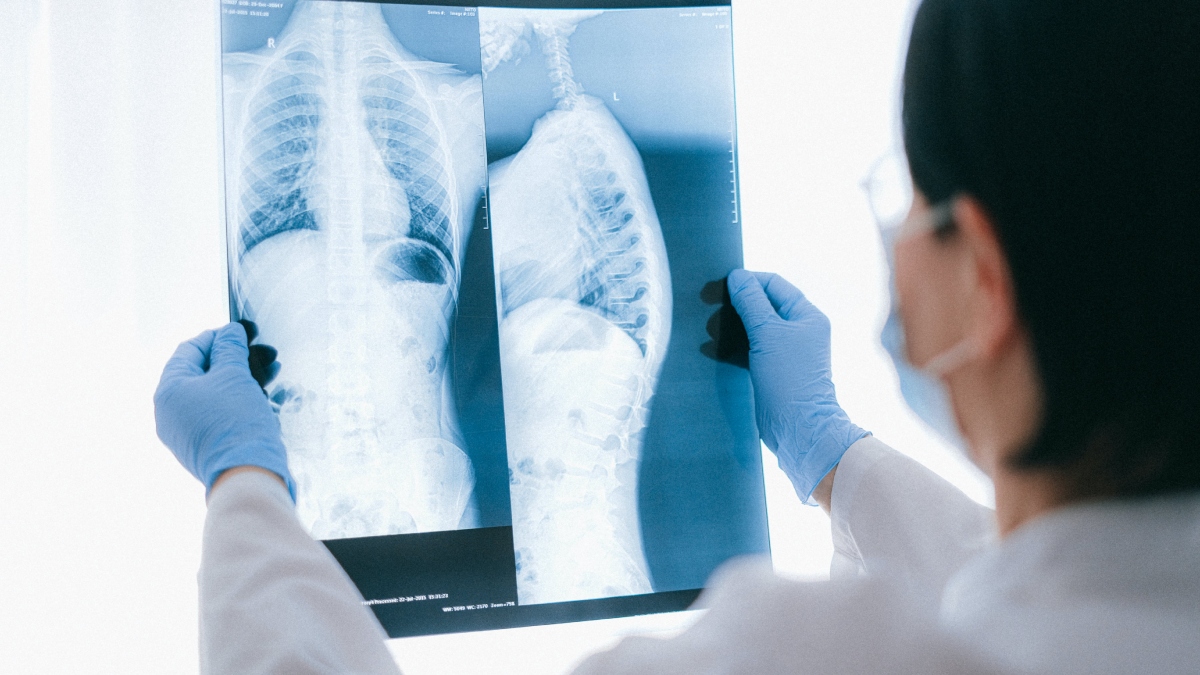Australian researchers have made a significant breakthrough in the fight against Covid-19 by developing an Artificial Intelligence (AI) system capable of detecting the virus from chest X-rays with over 98% accuracy. This development, led by Professor Amir H Gandomi of the University of Technology Sydney (UTS) Data Science Institute, promises to be a more efficient alternative to the commonly used RT-PCR test.
The current RT-PCR test, while widely used, has drawbacks such as being slow, costly, and sometimes yielding false negatives. Radiologists traditionally confirm Covid-19 diagnoses by manually examining CT scans or X-rays, a process that is not only time-consuming but also prone to human error.
According to Professor Gandomi, the new AI system addresses these challenges effectively. “Chest X-rays are more accessible and expose patients to lower levels of ionizing radiation compared to CT scans. Our AI system can rapidly and accurately differentiate between Covid-19, normal cases, and other forms of pneumonia in X-ray images,” he explained.
The AI system, which was detailed in a recent publication in the journal Scientific Reports, employs a deep learning-based algorithm known as Custom Convolutional Neural Network (Custom-CNN). This advanced model eliminates the need for manual biomarker identification, streamlining the detection process and enhancing diagnostic accuracy.
This innovation is particularly crucial for countries grappling with high Covid-19 infection rates and a shortage of radiologists. Moreover, the AI tool can be invaluable in situations where PCR or rapid antigen tests yield inconclusive or negative results despite symptoms suggesting Covid-19, necessitating further radiological examination.
The Custom-CNN model underwent a comprehensive comparative analysis, focusing on accuracy as the key performance criterion. The results were promising, showing that this new model surpasses other AI diagnostic models in effectiveness.
“The development of this AI tool marks a significant advancement in our ability to combat Covid-19. It’s faster, more accurate, and could greatly assist in areas where medical resources are scarce,” concluded Professor Gandomi.






